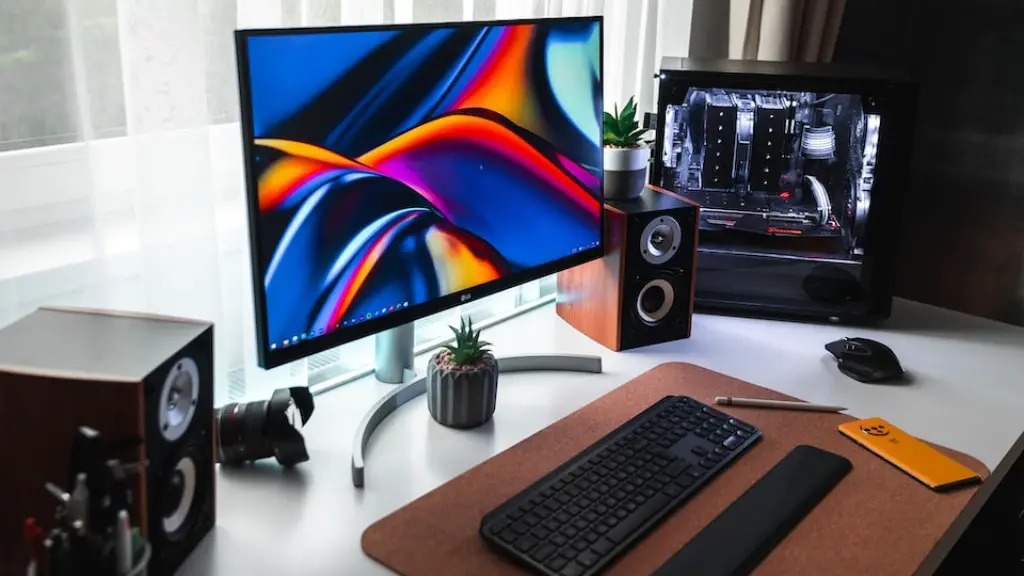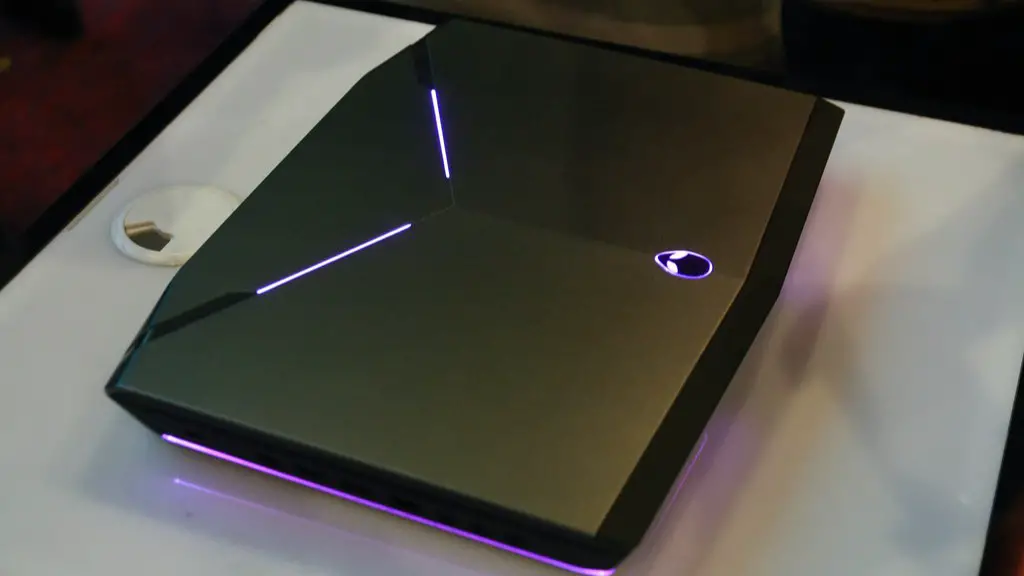There is a lot to learn when it comes to gaming PCs, and all of their components. This article will provide an overview of the parts of a gaming PC, and how they work together to power your gaming experience. First and foremost, all gaming PCs have a CPU (Central Processing Unit). The CPU is the “brain” of the PC and is responsible for interpreting and executing instructions, such as those from a game program. Other common components of a gaming PC are RAM (Random Access Memory), storage (such as a hard drive, SSD, or NVMe drive), a graphics card, and a power supply. Each of these components has a different purpose, and when assembled together will create the perfect gaming PC.
The CPU is the main processor that powers your PC. It is responsible for executing instructions, such as those from a gaming program. When selecting a CPU, you should choose one with a sufficiently high clock speed, cores, and threads to meet the demands of modern games. You should also wisely choose the socket type, such as AM4 or LGA 1151, which helps to future-proof your system. It’s important to select the right type of CPU to ensure that it will last.
RAM, or Random Access Memory, is used to store temporarily the data being used by your system. RAM speed has become increasingly important in recent years as games require ever-increasing amounts of data to be stored or processed in memory. When selecting a RAM kit, you should select one with a high frequency and low CAS latency. As with a CPU, you should also pay attention to the RAM sockets to ensure that the RAM kit you choose is compatible with the motherboard.
Storage is the data where your games, programs, and other data are stored. There are many types of storage available – traditional hard drives, solid-state drives, and NVMe drives. SSDs offer much faster access times, but in some respects, they still lag behind traditional hard drives in terms of capacity and cost. NVMe drives offer even faster access times and are the best choice for gamers who want the absolute quickest load times. When selecting storage, you should pay attention to the interface type, storage capacity, and access times.
A graphics card, also called a GPU (Graphics Processing Unit), is one of the core pieces of hardware for a gaming PC. It is responsible for rendering the 3D images that appear on a monitor. When selecting a GPU, you should look for one with enough power to run the latest games at the resolution and settings you desire. Additionally, you should consider the type of display you will be using, such as a 4K monitor, and select a GPU that can run games at this resolution.
A power supply is the unit that provides power to your system. It is responsible for delivering the right voltage and amps to all of your components, as well as protecting them from damage. When choosing a power supply, you should look for one with a high wattage and the right type of power connectors. Additionally, you should research the brand and look for reviews to make sure it is reliable.
These are the main parts of a gaming PC, but there are many other components that can be added to enhance your gaming experience. These include additional storage, cooling solutions, and more. Assembling a gaming PC can be an exciting and rewarding experience, as you get to choose all of the components that will power your gaming PC.
Additional Components of a Gaming PC
In addition to the core components, there are a few additional components of a gaming PC that you should consider. These include a motherboard, a case, and fans. The motherboard is the piece that houses all of the components, and it should be chosen for its form factor and socket type. The case is what houses all of the components, and it should be chosen for its design and airflow options. Finally, fans can be used to provide additional cooling and airflow to the system.
Types of Gaming PC
There are many types of gaming PCs on the market today, and they range from high-end computers to budget rigs. On the higher end, you will find rigs with powerful components and advanced cooling solutions, such as liquid-cooling, which allows for overclocking. On the lower end, you will find budget PCs with basic components, but they still offer plenty of power for casual gaming.
Picking the Right Parts for a Gaming PC
When building a gaming PC, it is important to choose the right components. It is critical to ensure that all of the components are compatible and that they can handle the workload of modern games. Additionally, you should look for components that offer the highest performance for the lowest cost. Research the components and read reviews from reputable sources to make sure you get the best value for your money.
Maintenance of a Gaming PC
Once your gaming PC is built and running, it is important to keep it maintained. Dust is the biggest enemy of gaming PCs, and it can cause overheating and damage components. Therefore, you should periodically clean your PC, preferably with compressed air. Additionally, consider investing in a good cooling solution and use it to keep your PC running at optimal temperatures.

